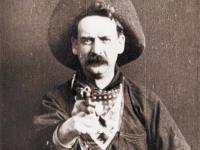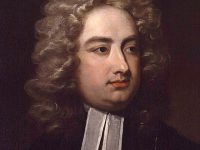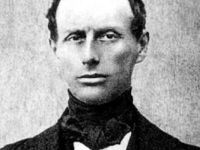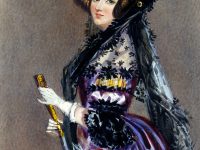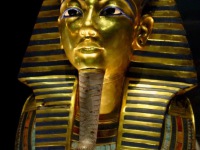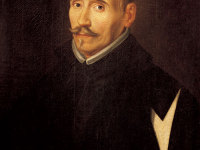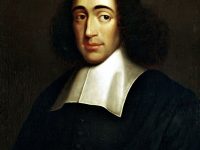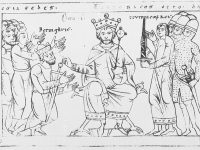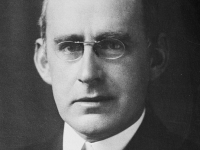The Great Train Robbery and the Birth of the Western Movie
On December 1, 1903, the very first Western movie ‘The Great Train Robbery‘ premiered, directed by Edwin S. Porter, a former Edison Studios cameraman.[5] Although only 12 minutes long, it is considered a milestone in film making, expanding on Porter’s previous work ‘Life of an American Fireman’. Actually, it also was the first narrative movie, one that told a story. In this film, a number of by the time rather innovative techniques…
Read more

